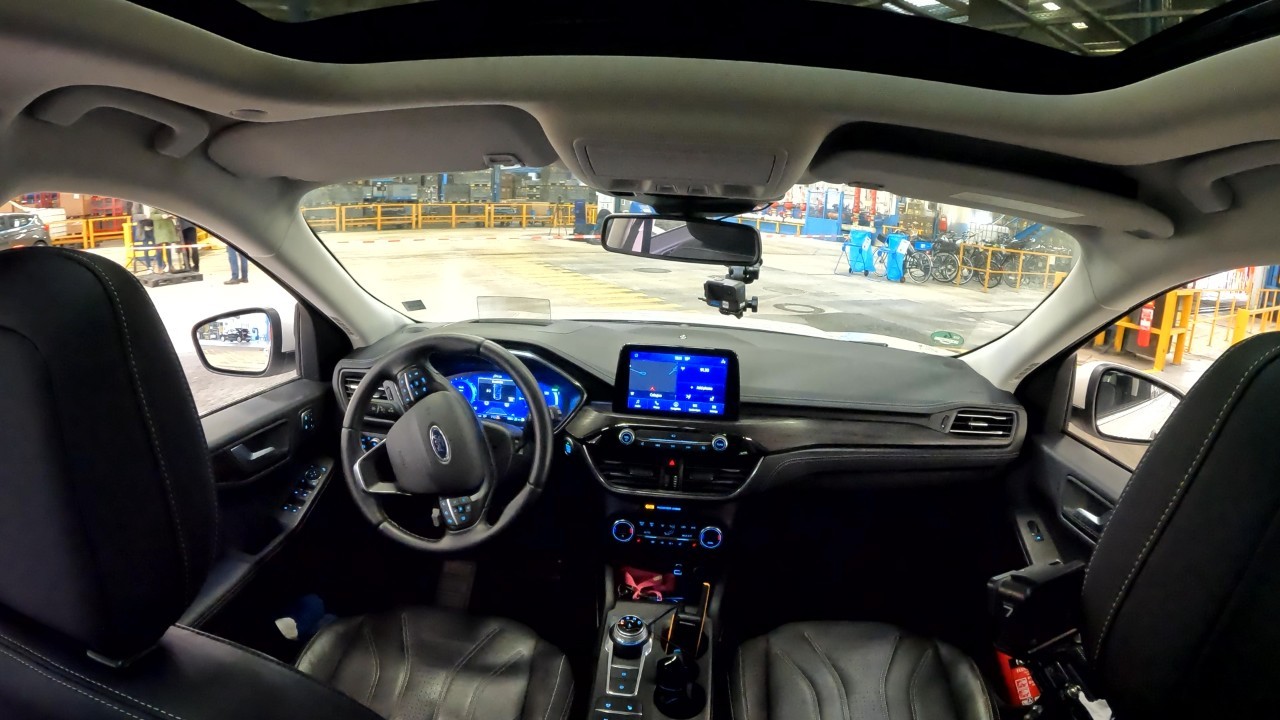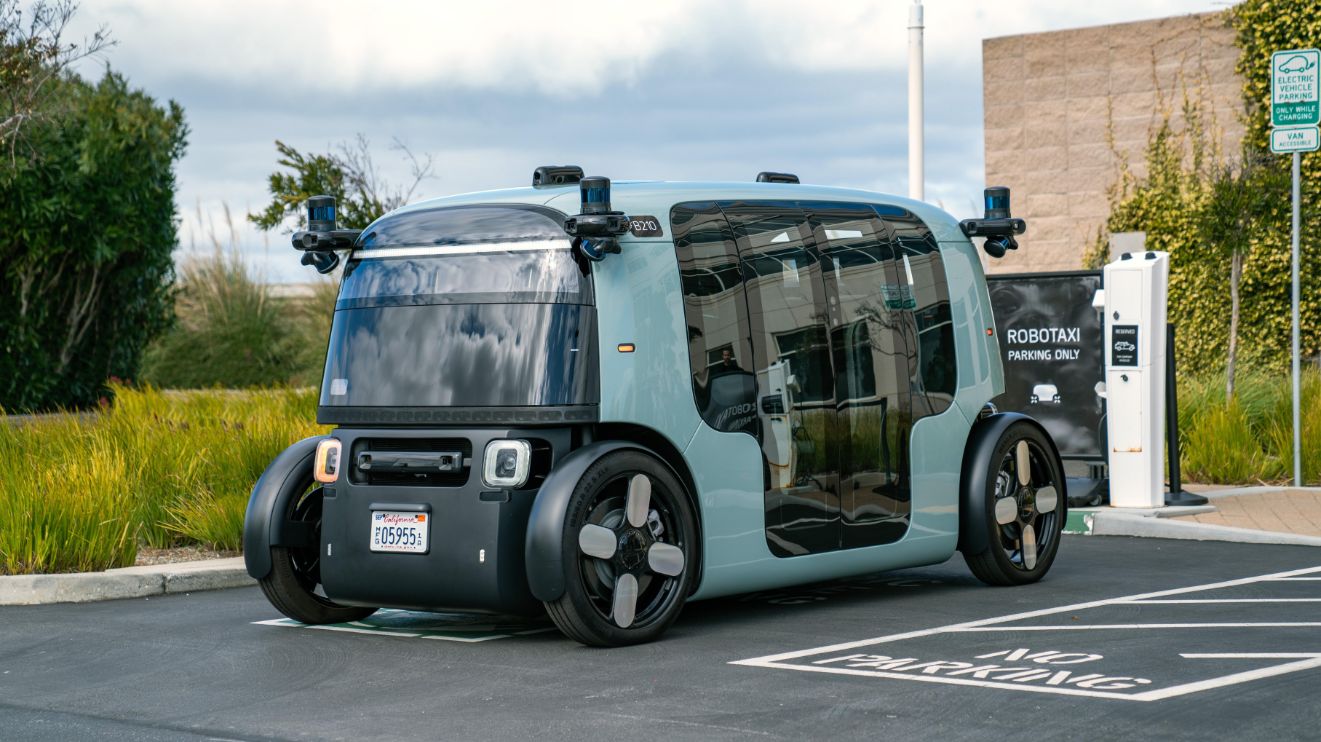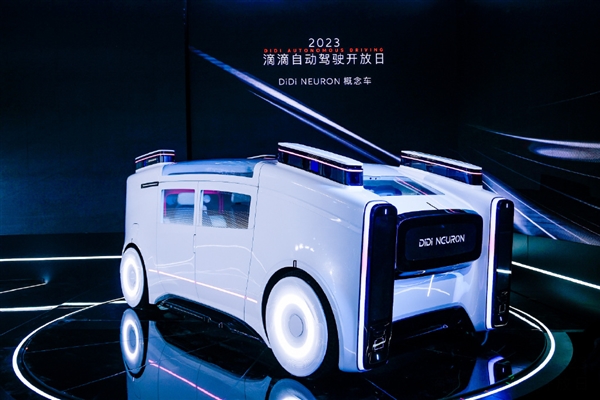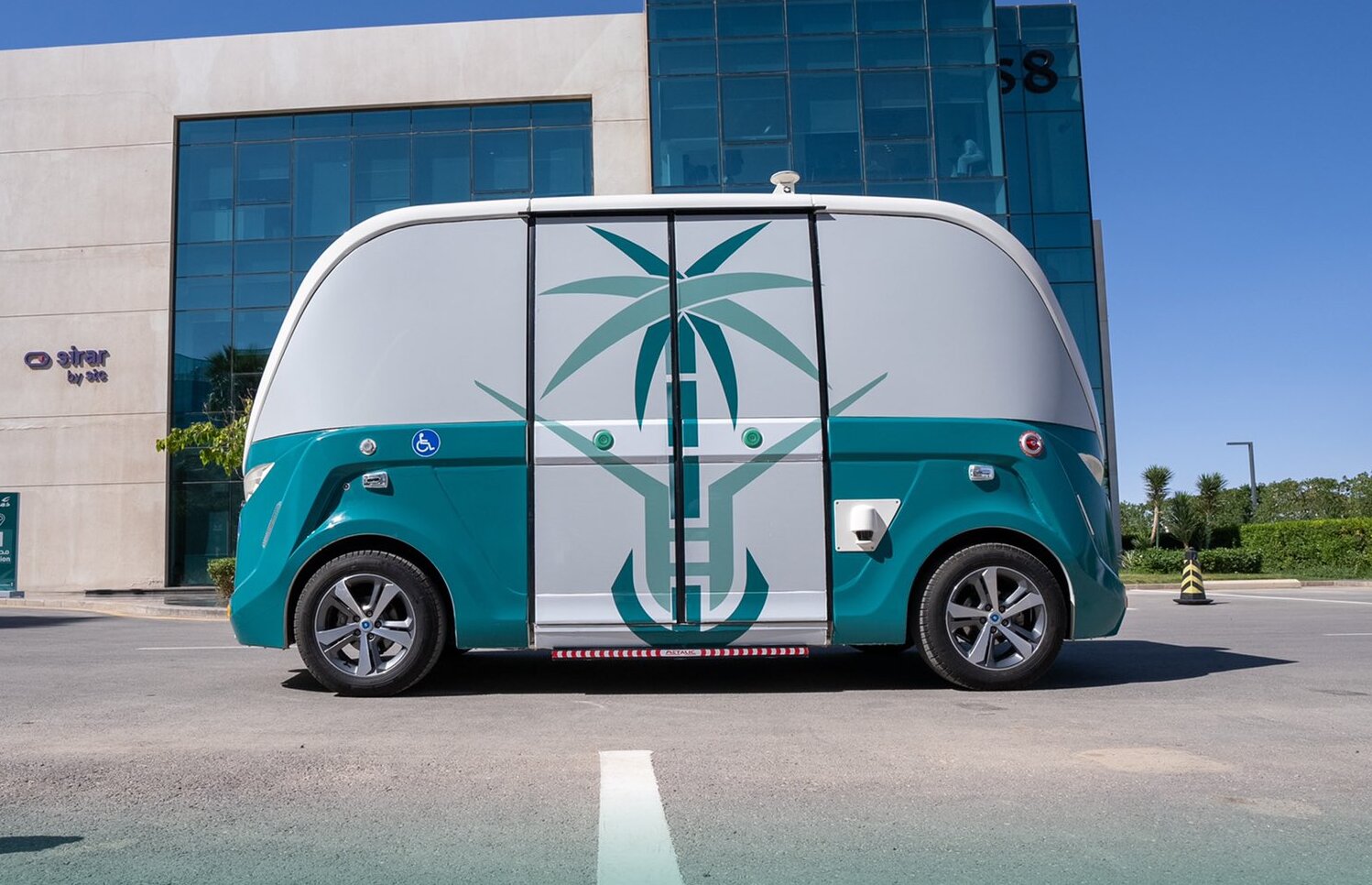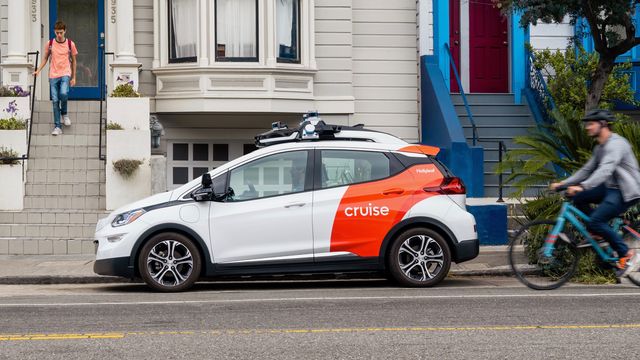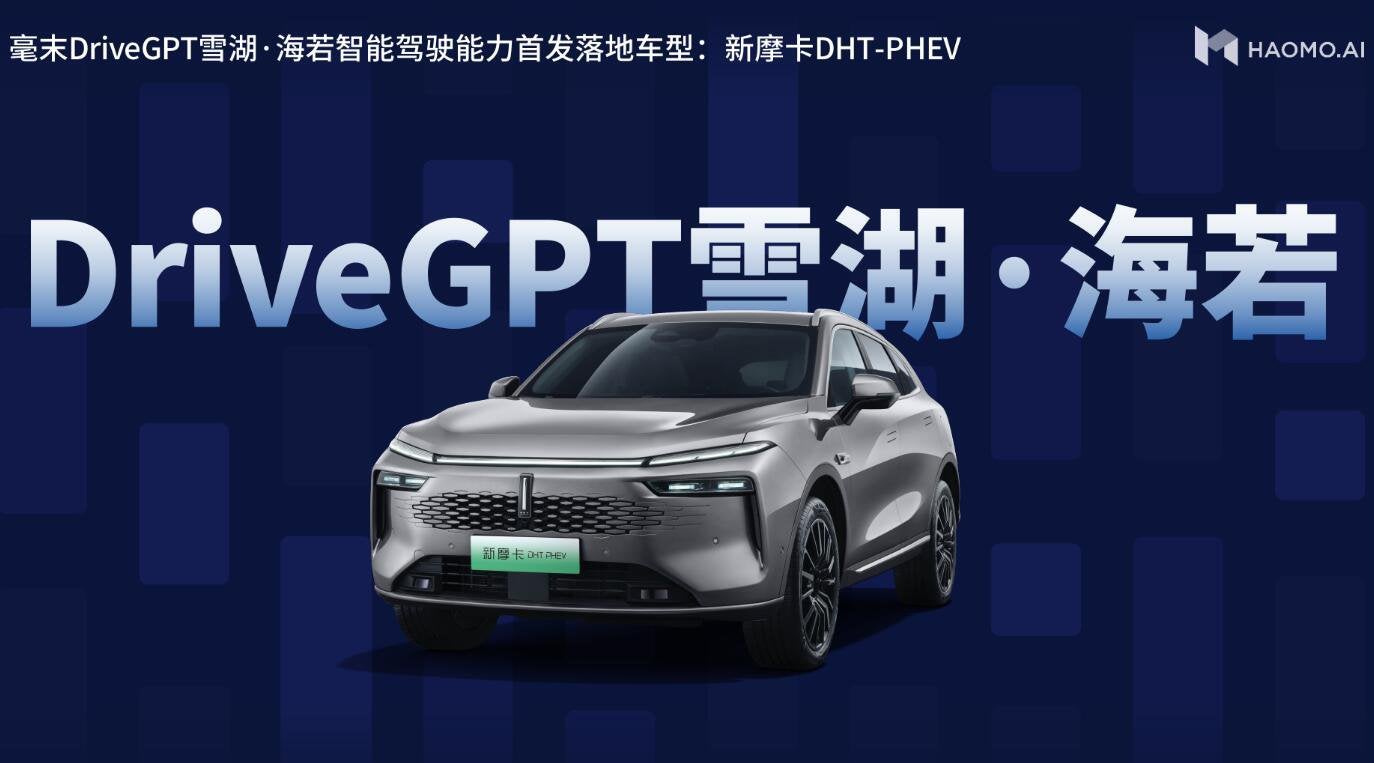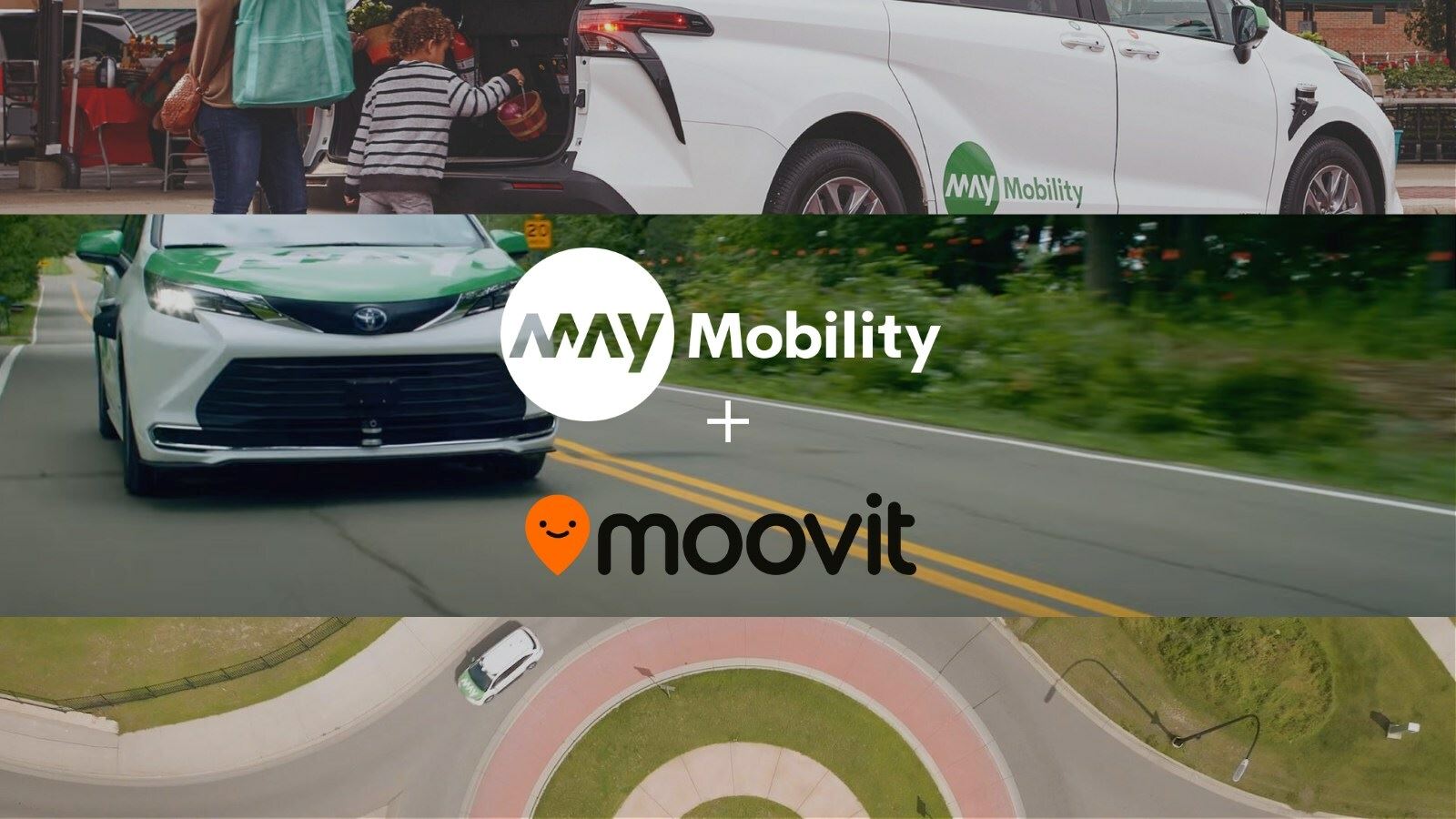Ford is making significant strides in the world of self-driving technology with its BlueCruise advanced driver assistance system. The UK’s Department for Transport has approved the Blue Oval company’s hands-free driving system, making Ford the first automaker to have its Level 2 technology approved in the country.
The BlueCruise system, available on the 2023 Ford Mustang Mach-E SUV, uses sophisticated infrared camera technology to ensure driver attentiveness and constantly monitors road markings, speed signs, and traffic conditions to control steering, acceleration, and braking. However, the system needs pre-mapped roads, limiting its functionality to 2,300 miles of motorway network in England, Scotland, and Wales for now.
The subscription-based BlueCruise system is priced at £17.99 ($22.5) per month after a free 90-day trial. While Ford is keen to expand the technology to other European countries, regulatory hurdles and vehicle availability are limiting factors. The company plans to make BlueCruise available on more models in the coming years and is exploring the option of enabling the technology on older Mustang Mach-E models via a software update.
Ford is also testing AI technology at its Cologne EV Center in Germany to enable its cars to “drive themselves off the assembly line with no one at the wheel!” This automated driving technology aims to improve plant efficiency and safety, with plans to produce 600,000 electric vehicles annually in Europe from 2026.
The two-and-a-half-year E-SELF research project is focused on vehicle-to-infrastructure communication and involves various partners, including the Institute of Automotive Engineering of the Technische Universität Braunschweig and Kopernikus Automotive, with funding from the Federal Ministry of Economy and Climate Protection.
While self-driving technology has faced setbacks, Ford’s BlueCruise and E-SELF projects indicate that the industry is making progress towards achieving fully autonomous driving. As regulatory hurdles are overcome and technology improves, we may see self-driving cars become a more common sight on roads in the near future.

